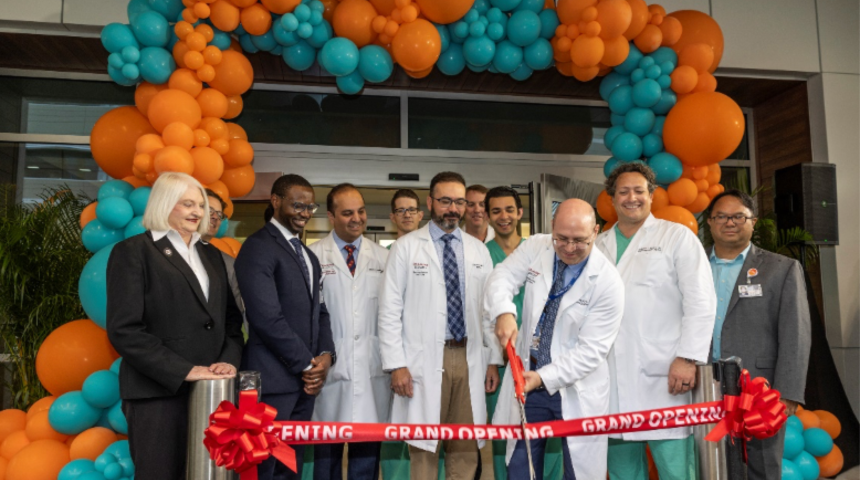Many of us have vivid memories of our childhood or events that have occurred in our lives, but according to one recent study it’s possible for people to remember things that never actually happened.
Researchers at the University of Warwick in England developed a coding system that allowed them to compare and analyze eight different memory implantation studies that involved more than 400 people. Memory implantation involves feeding people untrue information about their lives so that it becomes embedded in their memory, causing the people to misidentify the false event as true.
Researchers found that 50 percent of people involved in the studies were susceptible to believing fake facts. These people believed that they actually had experienced the false event, while another 30 percent even “remembered” the event and provided more detail on how the it happened and described images of what took place. Twenty-three percent of participants showed signs that they had some degree of belief the false event occurred.
How False Memories Occur
The results of this study confirm what psychologists have known for a while. It shows that people have great difficulty recalling past events precisely. Plus it can be relatively easy to manipulate our memory and perceptions. It also calls into question the accuracy of people’s memories during court cases, forensic investigations and therapy sessions. We’ve already seen this happen in real life. Several defendants have issued false confessions after admitting to crimes they mistakenly “remembered.” Witnesses in court cases also have trouble accurately recalling past events. The University of Warwick study also has implications for collective memory. Researchers say misinformation spread online (fake news on Facebook is just one example) has the power to alter our collective memories and affect our perceptions and behaviors. In turn, this could affect how informed citizens are in a democracy.
“We know that many factors affect the creation of false beliefs and memories — such as asking a person to repeatedly imagine a fake event or to view photos to ‘jog’ their memory. But we don’t fully understand how all these factors interact. Large-scale studies like our mega-analysis move us a little bit closer,” said the study’s lead author Dr. Kimberley Wade. “The finding that a large portion of people are prone to developing false beliefs is important. We know from other research that distorted beliefs can influence people’s behaviours, intentions and attitudes.”
From Court Cases to Public Perception, False Memory Impacts Several Areas of Society
Previous research has shown that there’s a method for implanting false memories. In one study, two forensic psychologists used background information contained in questionnaires from study participants’ parents to establish false memories. The two researchers had a 70 percent success rate in leading participants to believe they had committed a crime in their youth.
What this study and multiple others prove is that our memories are more fragile than we think. Even with mental exercises that improve memory or brain power — eating a balanced diet, maintaining social connections and doing puzzles or learning a new instrument — many of us can be prey to memory implantation. As the False Memory Syndrome Foundation says, inaccurate perception, imagination and misinformation are just some of the things that cause false memories. “Memory is prone to fallacy,” the foundation says. “Feeling confident is no guarantee that a particular memory is correct.”










